- Publisher : Your Online Publicist
- Publication Date : December 2020
- Pages : 259
- Product Dimensions : 6.00 (w) x 9.00 (h) x 0.72 (d) in.
- Genre : History, Memoir
- Paperback ISBN : 978-1-63892-742-6
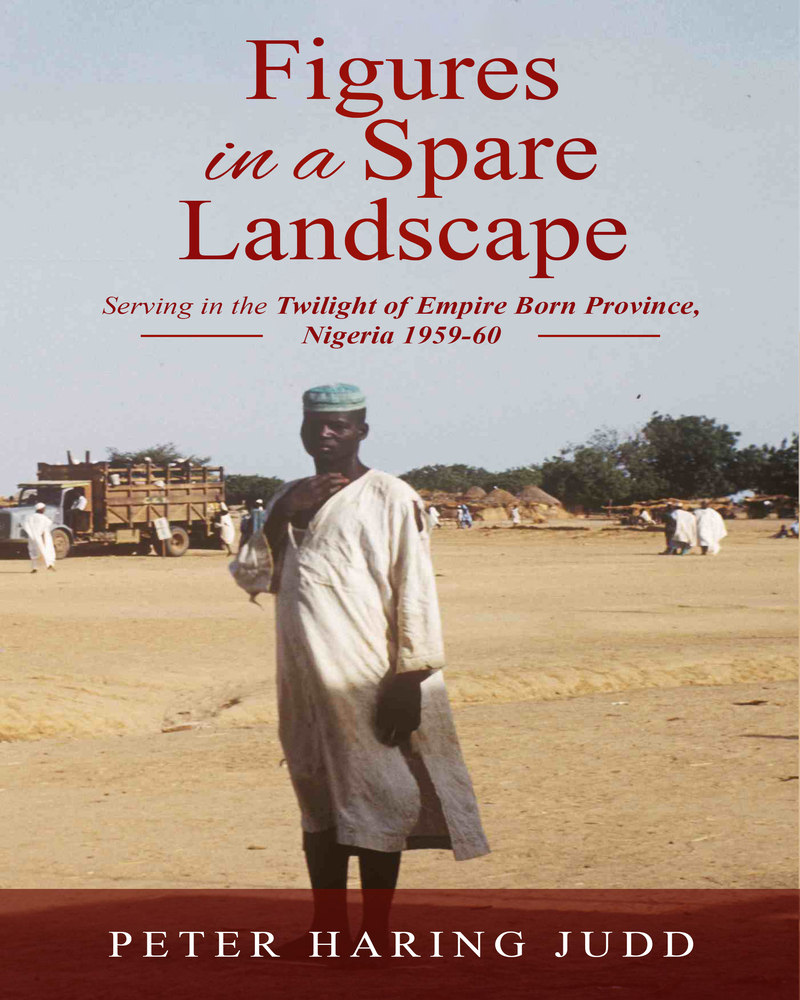
Figures in a Spare Landscape: Serving in the Twilight of Empire Born Province, Nigeria 1959–60
Peter Haring Judd
Peter Haring Judd is the editor/author of The Akeing Heart: Letters between Sylvia Townsend Warner, Valentine Ackland and Elizabeth Wade White published in March 2018 in the UK by Handheld Press. Among his other books are genealogical studies presented within a historical context, The Hatch and Brood of Time: Five Phelps Families in the Atlantic World, 1720–1880 (Boston: Newbury Street Press, 1999); More Lasting than Brass: A Thread of Family from Revolutionary New York to Industrial Connecticut (Boston: The Northeastern University Press and the Newbury Street Press, 2004). I edited and introduced African Independence: the exploding emergence of the new African nations (New York: Dell Publishing Co, 1962), a mass market paperback that reportedly sold 70,000 copies at a time of great interest in the emerging sates of Africa.
In 1959-60 was a history teacher in the government secondary school in Maiduguri in northeastern Nigeria. This was then Bornu Province, a remote part of the Northern Region where the Muslim Kanuri, the long-established heirs of the Bornu Empire dating from the 9th century CE. The vast Bornu savanna was green when I arrived, and as the dry season advanced became ochre, the earth hard as concrete. When viewed in this spare landscape Kanuri men, women, and children seemed etched in the light in the savanna where there was no shade or distracting hills. Some settlements were deeply shaded by trees that remain in leaf throughout the year. All on the shade provided a different landscape in which the long robes could be pools of color. Within a few days of my arrival there was spectacular color in Maiduguri, a durbar in honor of the Emir (in Bornu termed the Shehu) involves a squadron of warriors on richly caparisoned horses pushing long curved swords as they shouted slogans and spurred horses to rear and waved their legs dangerously in the air. It was all for show of course, but to me it was this corner of the Empire on display.
I was an American in a place whose existence I had never known of before being assigned to the school. Maiduguri with its deeply shaded avenues and displays such as this were unexpectedly exotic. In addition, I was soon to intimately experience rural landscape that I’d seen from my car on the 500 mile drive from the regional capital. The headmaster told me I would be sent to the “bush” for three weeks duty in the administration of the plebiscite in the Northern Cameroons, a narrow strip of territory administered as part of Bornu by the British under a UN mandate. After training the young men who would be the polling officers, I spent two weeks in a village on the Cameroon border using a horse to visit five polling stations and their officers in smaller villages to oversee security and confidentiality procedures. In the vote the male population, 99% illiterate, could choose to deposit a ballot wanted to boxes, identified by color. I was part of a colonial administration in action. A few weeks later I was out in the land again for the federal election of December 1959 which would to lead Nigeria to independence the next October. It was the same task of supervising the polling stations and collecting the ballot boxes, but the geography was spectacular: by Land Rover I attended polling stations and villages stretched along a 120 mile corridor from near the Sahara in the north, through the great Bornu plain to hills with indigenous people in the south. This was a moving experience of the land and its people and part of the colonial system in its last days. This was a small part of a worldwide process as the European powers devolved their colonies and they in turn became nation states. I was privileged to experience a microcosm this worldwide process.
I kept a journal in ledger-sized notebooks that I opened decades later, prompted by the stream of reports of the depredations of the Boko Haram, notably the abductions by the Boko Haram of the Chibok school girls in 2014. Google searches revealed that in every place I had been in Bornu there had been reports of assassinations, kidnapping, arson, refugee camps. I transcribed my journal and restored my colored slides. The words and pictures witness a time when the people—the settled, dark-skinned, dignified Kanuri with centuries of tradition, the nomads and their herds continuing their own centuries-old tradition of seasonal migrations between Lake Chad and the Niger River, and tribes in the hills, some untouched by modernity, coexisted. The slave trading of past centuries was no more; it was one paved road in the province, Kanuri farmers grew groundnuts for export, the two largest towns had electricity. On roads hardened by the sun, I could tour freely throughout the province. On extended weekends, I ventured into Chad and Cameroon. In some villages visited on election duty, mine was the first white face to be seen in years, a ghostly sight for small children who had never seen one.
I was a rare bird, an American working within the colonial system. I worked with experienced British administrators. I lived in a long day in a garden-type suburb as a colonial ex-pat with service. In addition to my students I met work with applicants in many positions. Had untroubled access to remote places and peoples in traditional settlements.
I share in this book what I saw and did, who I talked to. I celebrate the freedom of movement of the place and time, the friendliness and openness of so many I met; these are the responses of a young man fascinated by what he saw and keen to understand and sometimes to criticize. This is a memoir of what was and a poignant reminder of conditions in this corner of a faraway metropolitan empire, far too from the independence movements by the coast. It is a glimpse of the end of colonial government in a remote and little-known territory moving to self-government.
“Author Peter Haring Judd Shares His Memories of Nigeria Between 1959-60, in His Book “Figures in a Spare Landscape”
Peter Haring Judd’s memoir biopic puts you in the shoes of the author as he starts his journey after landing in Bornu Province, Nigeria between 1959-60. Where he spent nine months as a history teacher at a secondary school in Maiduguri, provincial capital of Bornu Province (Borno at present) and the Fune States, somewhere in northeastern Nigeria, where he was also assigned as election supervisor, which was a crucial part of the continent’s history.
The notes in his ledger/diary were the turning point of events that ignited during that time: terrorism, violence, lawlessness and wanton acts of destruction occurring until to this day.
This book pays tribute to those people whom he mingled and made friends with and established a close relationship and a bond that he will never forget for the rest of his life during his nine-month stay. Read the book to revisit the events as they happened in vivid detail in this compelling novel that made the headlines.
The situation in Maiduguri can be heartbreaking, as the author would hope for peace and suffering would end one day.”
Be the first to review “Figures in a Spare Landscape: Serving in the Twilight of Empire Born Province, Nigeria 1959–60 by Peter Haring Judd”
You must be logged in to post a review.




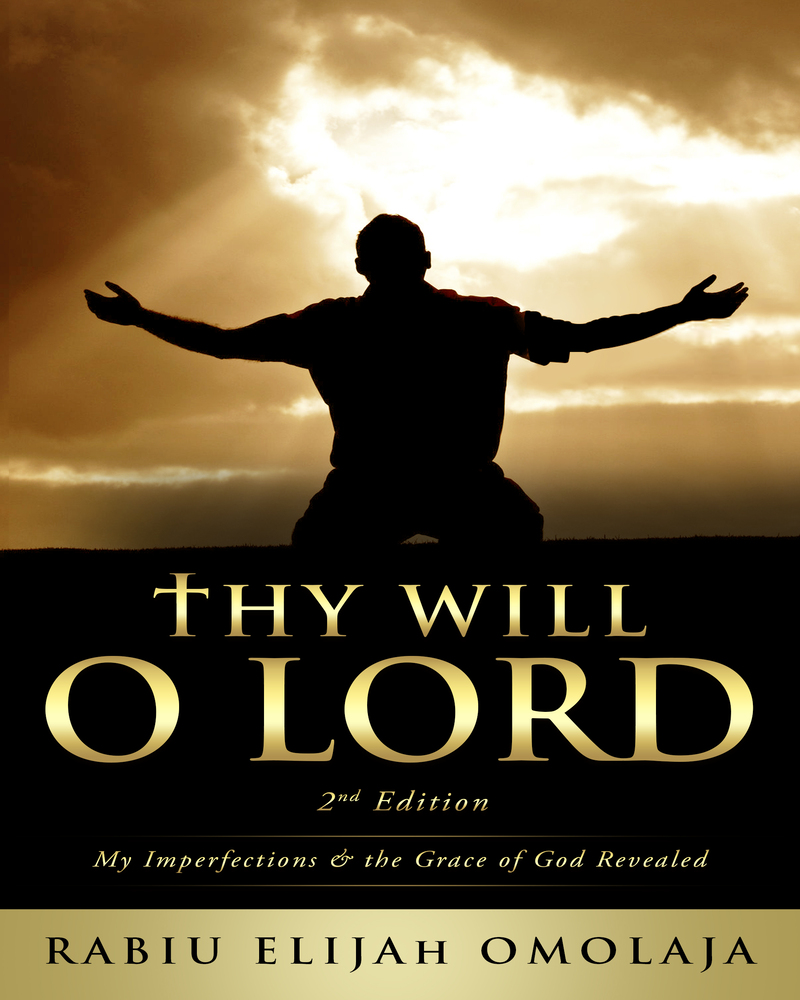
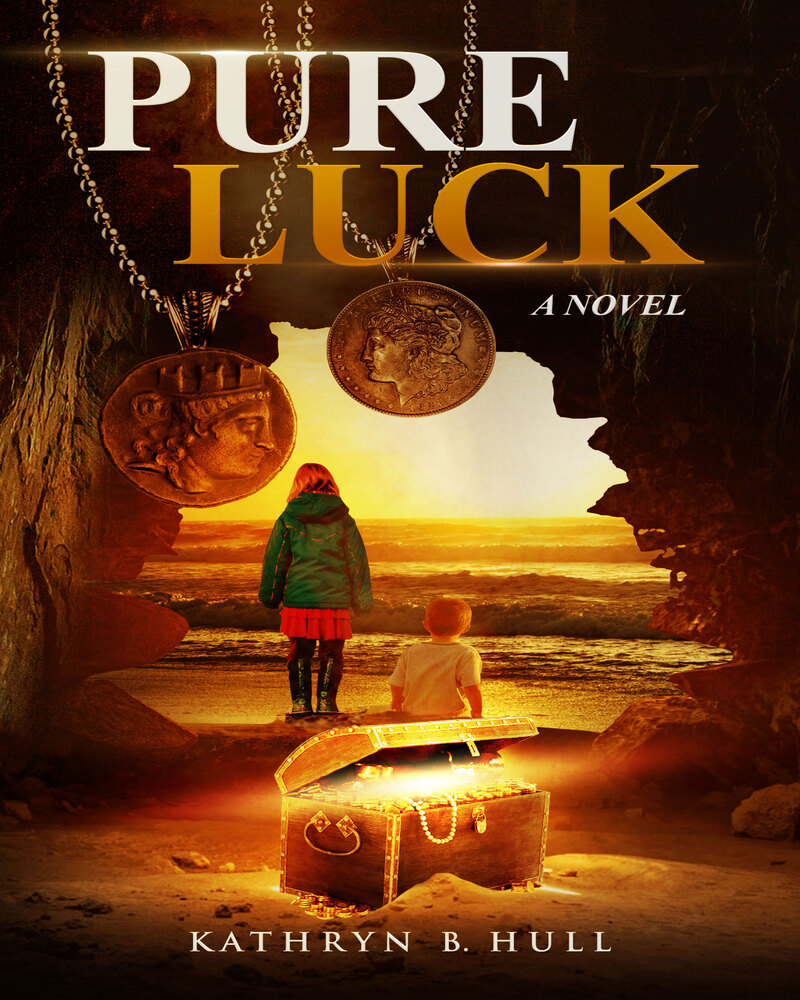
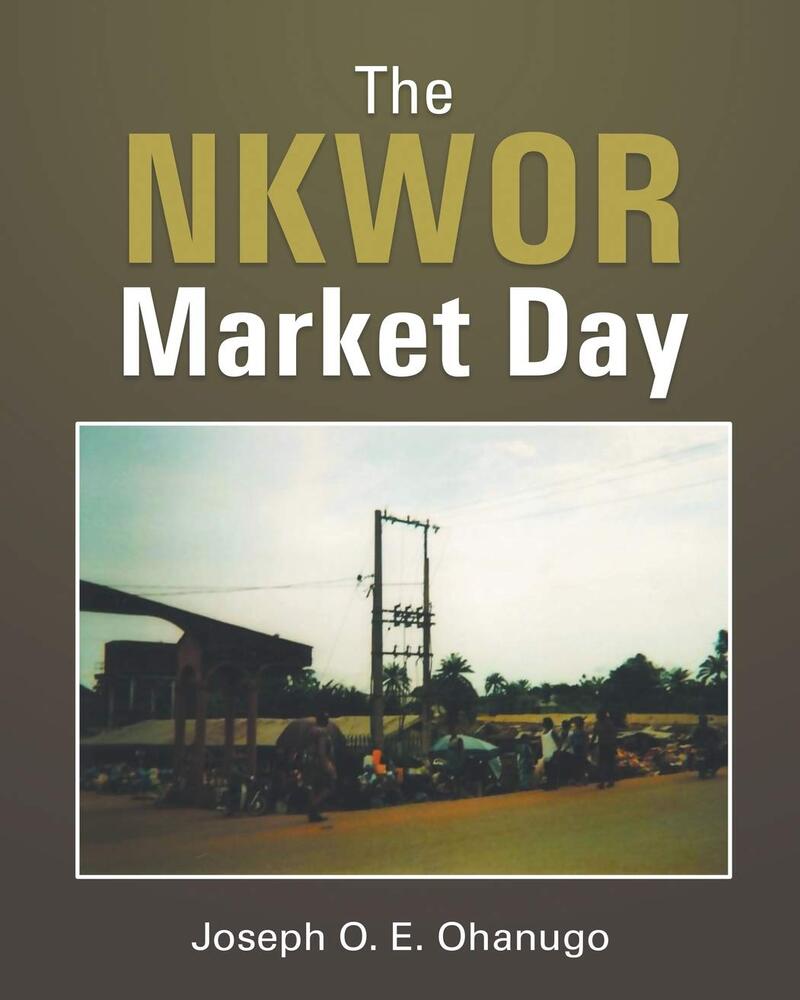
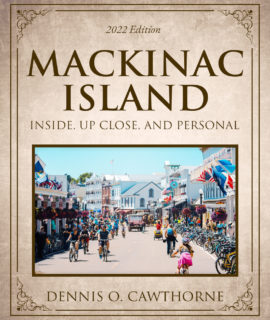
Reviews